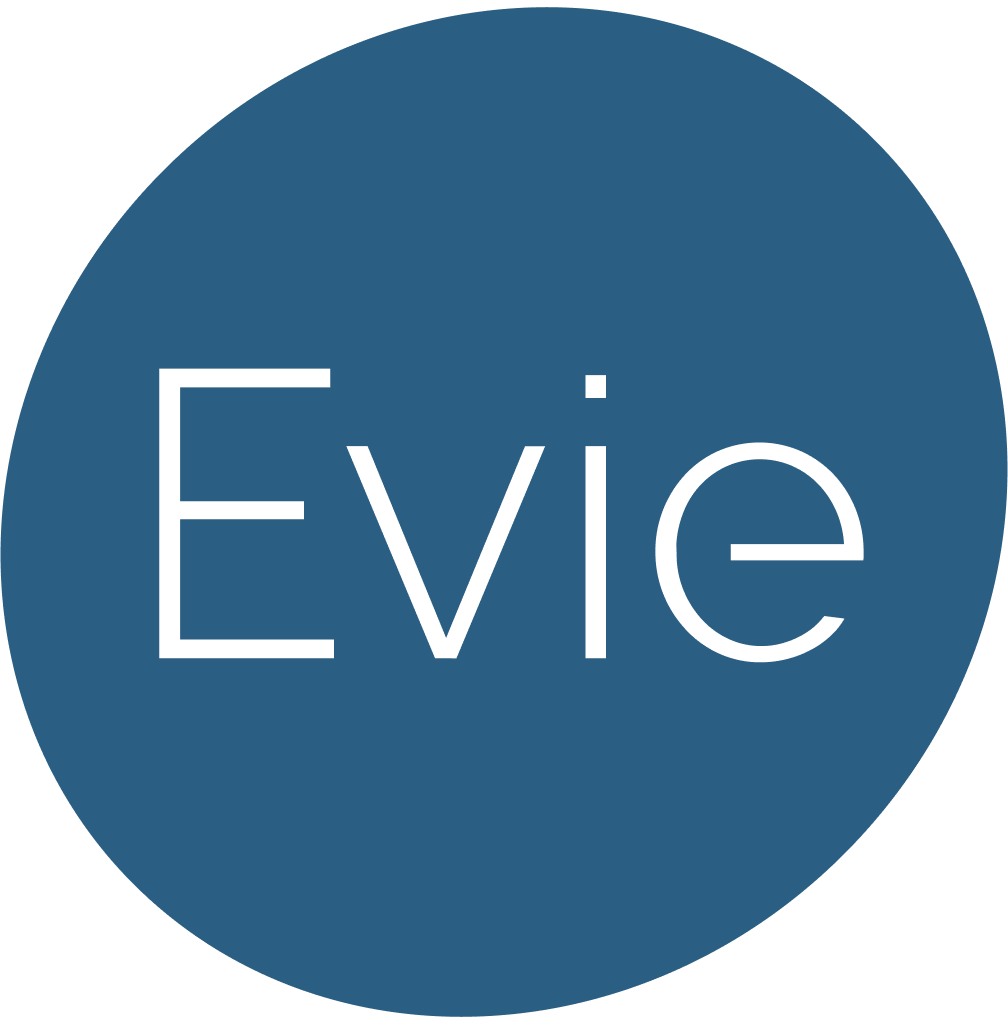
If you’re a recruiter, finding the right talent probably keeps you up at night. After all, you’re racing against time—each day a vacancy remains unfilled could be costing your company $500 or more a day. That’s at least $15,000 dollars if the position remains unfilled for a month. Now, multiply that number by dozens of vacancies, and you can see how that can snowball into significant costs for the company in the span of a year.
What’s more, research suggests that top candidates are typically hired within 10 days. And your competitors are surely doing their best to catch those big fish, too.
But you’re probably wondering why few interviews have progressed, despite the fact that you’ve received hundreds of applications.
For most HR teams, one activity is causing the bottleneck: interview scheduling.
No vacancy can be filled without this necessary step. But here’s the problem: interview scheduling is tricky, tedious and painful.
1. Around 50% of job interviews get rescheduled
Our research on enterprises across diverse industries shows that around half of all job interviews are rescheduled at least once. With hundreds of roles to fill, it is no wonder enterprises lose productivity owing to the time wasted in rescheduling interviews.
One of the parties may request a change at the last minute. An overseas candidate may have failed to notice the schedule’s time zone. Or, if the recruitment team used scheduling software, it may have relied only on the online calendar of the interviewer, which may not have been updated.
Rescheduling isn’t just costing your company time. It also lowers the recruitment team’s productivity, and inconveniences the candidate, especially if they took time off work just to attend the interview. In fact, data from Glassdoor reveals that changes in interview schedules are a top source of frustration among job seekers.
2. Interview scheduling decreases productivity
Of course, interview scheduling is an important part of the recruitment process. But let’s be honest—it’s probably the least fun and most tedious part of any recruiter’s job. It can take anywhere from half an hour to half of a workday to schedule a single interview.
That’s not such a surprise, though. Consider the number of emails it takes to find out the availability of the candidate and at least one interviewer. Then you have to confirm that everyone agrees to the proposed schedule. On top of that, you may need to book a physical or virtual meeting room, too.
That’s why large companies fielding hundreds of applications a day often have dedicated staff—called recruitment coordinators or appointment setters—for interview scheduling alone.
But imagine what these HR and recruitment team members could do instead with the time they spend scheduling interviews! They could focus on higher-value tasks, such as headhunting, corporate branding, and culture building. They could pour their energy into employee retention strategies or use their skills to negotiate with promising candidates.
3. Disorganized scheduling can make you lose candidates
Interview scheduling, especially when done manually, is painful not just for the recruitment team, but also for the candidate. It can negatively affect the application experience as it doesn’t guarantee a fast response to candidates. Also, the recruiter may miss messages and fail to respond due to the high volume of emails.
That’s an opportunity cost right there—the first communication (as well as the first few minutes of an interview) can be a deal-breaker for 37% of candidates, according to research by Robert Half, an HR consulting firm. Given that it’s harder now than ever before to recruit new talent, especially those who can cope with digital transformation, you can’t afford to make a bad first impression on candidates.
But there is a cure to your interview scheduling pain
The good news is that interview scheduling doesn’t have to be tedious and painful.
Many companies use tools for scheduling interviews. In a survey of 8,815 talent acquisition professionals and hiring managers in 2018, LinkedIn found that 42% were using an AI assistant to schedule candidates. These AI-driven recruitment tools help save time and manpower costs, while allowing recruitment teams to stay a step ahead of the competition.
But not all interview scheduling tools are made equal.
They can still be tricky if they can’t easily integrate with your current system or candidate management software.
They can still be tedious if they’re not intelligent (no AI capabilities), thus requiring more human intervention.
They can still be painful if they’re unable to provide a warm, human touch. Some AI tools sound quite robotic and may turn candidates off, or make communication stiff and awkward for all parties.
So how do you make the process intuitive, quick and painless?
The key is to analyze your current recruitment workflow, and assess where and how to integrate recruitment tools, especially those that are AI-driven. Keep in mind that your AI recruitment assistant should be able to retain a conversational, personal tone. In other words, it should communicate like a human being, not like a bot.
It’s also important to train the HR and recruitment team in using the AI tools. These programs are only as effective as their users allow them to be.
Finally, you must drive a shift in mindset among the potential users. It’s important for the HR and recruitment team to view AI interview scheduling tools as partners, akin to a smart recruitment coordinator. That means they’re a key part of your recruitment process, instead of a “nice to have” tech tool.
So how does a warm, interpersonal scheduling assistant sound and work? We have developed Evie, an AI Recruitment Coordinator, to understand natural language and integrate seamlessly with recruitment workflows. Find out how it works here.

